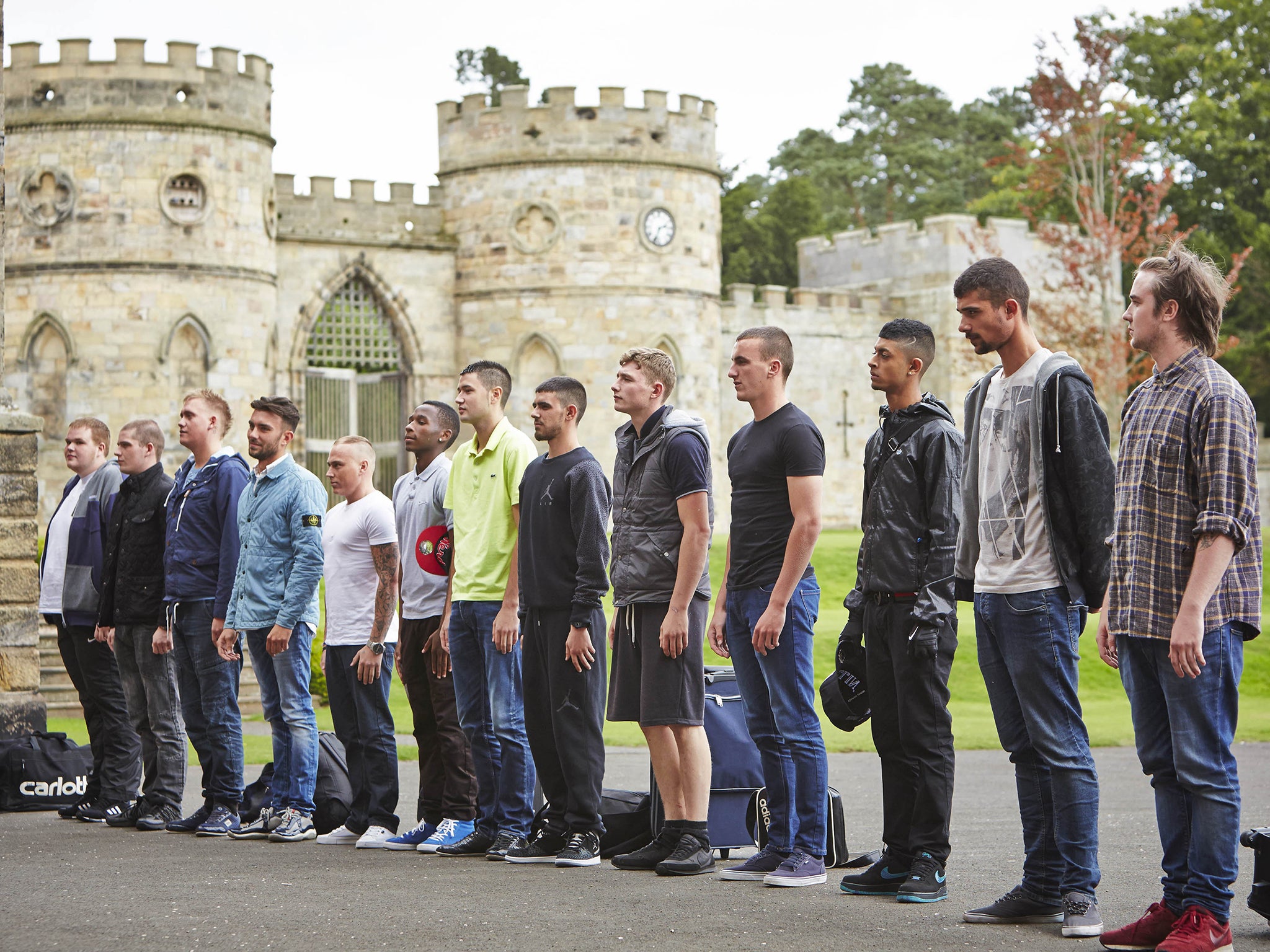Bring Back Borstal, TV review: What kind of a teen troublemaker volunteers to go to television borstal anyway?

Your support helps us to tell the story
From reproductive rights to climate change to Big Tech, The Independent is on the ground when the story is developing. Whether it's investigating the financials of Elon Musk's pro-Trump PAC or producing our latest documentary, 'The A Word', which shines a light on the American women fighting for reproductive rights, we know how important it is to parse out the facts from the messaging.
At such a critical moment in US history, we need reporters on the ground. Your donation allows us to keep sending journalists to speak to both sides of the story.
The Independent is trusted by Americans across the entire political spectrum. And unlike many other quality news outlets, we choose not to lock Americans out of our reporting and analysis with paywalls. We believe quality journalism should be available to everyone, paid for by those who can afford it.
Your support makes all the difference.If you're the sort of person who despairs at those cushy modern prisons where inmates are allowed to read books, eat food and occasionally glimpse daylight from between the bars of their cell, then ITV's new series Bring Back Borstal should be exactly your cup of gruel.
Thirteen young troublemakers have volunteered – God alone knows why – to submit to a four-week rehabilitation programme modelled on the notorious borstal youth detention centres of the 1930s. It's mildly amusing to see these hardmen dressed up in Just William outfits, complete with long socks, but there is also some logic behind the humiliation. According to criminologist Professor David Wilson, who is acting as the prison governor, during the 1930s only 30 per cent of borstal inmates reoffended following release, compared to around 75 per cent of today's ex-cons.
One man determined not to become a statistic was Casey Spence, a 19-year-old from the North-east. Spence quickly became favourite of the staff with his on-message approach to redemption: "It's like me mam said to us," he told Governor Dave in the initial interview, "You get a pack of cards dealt to you at the beginning, but you can always switch your hand." It probably didn't hurt that Spence was also fairly easy on the eye, either. Studies show that juries (much like TV producers) are unconsciously prejudiced in favour of good-looking people, often resulting in more lenient sentences.
What a horrible disappointment, then, when the golden boy announced he was leaving after only a week. Presumably in a real borstal, a few strokes of the birch would have soon convinced him otherwise, but in television there are "ethical" considerations that limit Governor Dave's authority. "I feel I've personally failed… I'm absolutely gutted that there was nothing I could do to help him."
Spence wasn't the only one who wanted out, either. Proctor, an obese 23-year-old with fraud convictions, left after a few days and posh stoner Rule went home around the same time. "I can't wait to get back to my cannabis. Three cheers for cannabis!" Will there be anyone left to film at the end of four weeks? Fingers crossed. Can the borstal regime succeed where the modern criminal justice system has failed? That's a better question, but not one that an entertainment programme like this is ideally suited to answer. Can you really blame the bad lads if they prefer not to be part of ITV's ratings experiment?
Join our commenting forum
Join thought-provoking conversations, follow other Independent readers and see their replies
Comments